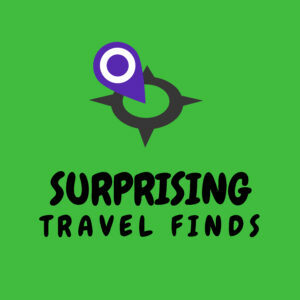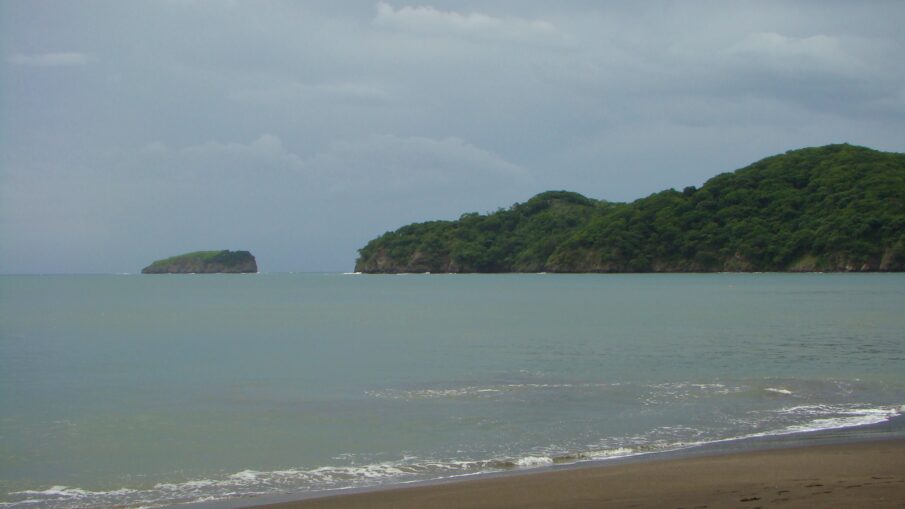While reading about coastal Cambodia, I came across something new and refreshing: an Australian travel company is compiling a “What’s Not Hot” list of destinations.
This list took shape before the COVID-19 pandemic. At this writing, much of the travel world is on a “not-hot” trajectory, with plenty of people searching for answers about reopened businesses and destinations.
Once the travel world reopens, there will be a rush to the usual places. Some will be driven by low airfares, package deals, and the status of the pandemic in specific geographic areas.
Yet some of those previously hot destinations might not recover their pre-pandemic numbers.
Take Sihanoukville, Cambodia as a recent, rather dramatic example of this phenomenon. This once-quiet fishing village on the Gulf of Thailand has transformed into a forest of high-rises and construction cranes, according to multiple news accounts. Chinese investment in the gaming industry brought scores of casinos to the area, squeezing out local business owners and inviting more tourists than the local infrastructure could handle. That came to a halt during the COVID-19 shutdown.
How long will the halt continue?
Australia-based Intrepid Travel announced at the start of 2020 that its tours would bypass the town, and find quieter alternatives along the Cambodian coastline.
Other travel sources that once sung the praises of Sihanoukville are now recommending alternatives.
Intrepid Travel also compiles that What’s Not Hot List that will undoubtedly suggest some alternatives to Sihanoukville. For example, it suggests skipping the New Orleans Mardi Gras (attendance 1.4 million) and trying the same celebration in Lafayette, Louisiana (attendance 50,000). It points out that Mardi Gras is celebrated across Louisiana, and you need not visit the most crowded observance to get a sense of what is happening.
You can work on your own What’s Not Hot List.
Heading to Puerto Vallarta? Why not visit Yelapa, which cannot be reached by road and therefore welcomes only a few dozen visitors each day instead of thousands.
Spending time in Orlando? You can bypass the acres of parking lots and long attraction lines for nearby Winter Park, where the attractions are not nearly as well-known but certainly worth seeing.
Is Salzburg wearing you out? Say auf wiedersehen to the crowds and visit Gmunden, on the shores of Austria’s deepest lake. Alpine peaks and fresh mountain air will make you forget tour buses and overpriced restaurants.
Talk about social distancing!
If you read about travel as much as I do, you’ve encountered hundreds (if not thousands) of “listicles” with titles like “10 hottest mountain resorts of 2020” or “10 Places Everyone will be Talking About in 2020,” and so on. (If these actual articles exist somewhere, my apologies to the authors. I made them up to illustrate my point.)
When one takes these stories too seriously, problems similar to what has plagued Sihanoukville will ensue. But these types of articles attract readers and they inform the travel public. Before COVID-19, people were comfortable with this: “Is this a good year to go to such-and-such a country? It is! The exchange rate against the U.S. dollar gives Americans 20 percent more buying power than just two years ago. In fact, here’s a list of such countries for this year.” Good information, right?
In the spirit of full disclosure, I have authored quite a few of those myself in the past 20 years. They’re not pure folly if consumed properly. I hope knowing 10 great backpacking destinations or 10 must-try restaurants in Reno will prove helpful to people planning such trips.
But in a post-COVID world, we might be a little more reluctant to follow the crowds to backpacking meccas and trendy restaurants.
Maybe we’ll seek out the more unspoiled places and resign ourselves to the lack of five-star hotels with turn-down services awaiting our arrival.
So let’s applaud Intrepid Travel’s not-hot concept. Let’s look for surprising travel finds offering opportunities at lower prices, with fewer crowds and neon, and maybe only one fudge shop.

